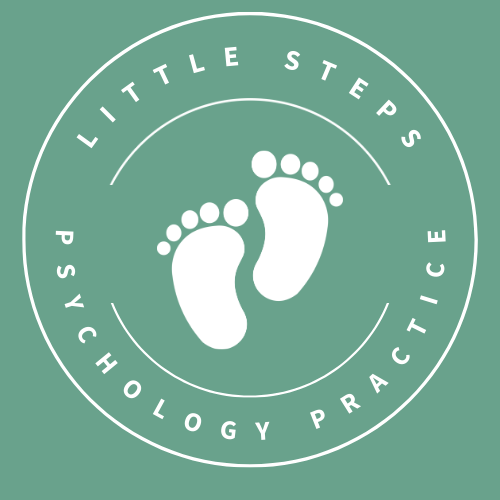
Frequently asked questions
-
The main difference is related to training and qualifications - Clinical Psychologists have more extensive formal training (including a doctorate), and can treat a wide range of complex mental health conditions, whereas Counsellors typically have shorter specialised training and offer more of a person-centred approach.
In addition, the term ‘Clinical Psychologist’ is a protected professional title, which requires a high-level of training (including qualification to a doctorate level) and registration with an accrediting body (HCPC). In comparison, the term ‘Counsellor’ or ‘Therapist’, and even ‘Psychologist’ are not protected titles, and therefore no qualifications are needed to use them.
-
This will vary depending on the difficulties you are experiencing and the goals you might have for coming to therapy.
For psychological therapy, we typically recommend a minimum of 6-10 sessions, after which we will review the work and discuss whether further sessions may be required. For parenting support, you may require fewer sessions.
Ultimately, every case is unique and therapy can continue for as long or short a time as you wish or may require.
-
Therapy sessions last up to 50 minutes. On occasion, for trauma processing work we may offer slightly longer 90 minute sessions, however these are discussed and arranged on an individual basis.
Parenting support sessions are also up to 50 minutes.
-
Natalie takes an integrative approach when working systemically with parents and families. She draws from models such as Acceptance and Commitment Therapy (ACT), Compassion Focused Therapy (CFT), systemic therapy, narrative therapy, and Eye Movement Desensitisation and Reprocessing (EMDR).
-
EMDR stands for eye movement desensitisation reprocessing. It is a therapy that is used to help people who have been through distressing events and as a result, has caused problems in their life, such as flashbacks, anxiety, upsetting thoughts or images, or depression. It is highly effective and evidence-based, and may be used in your sessions if clinically needed.
You can find out more about EMDR here: https://emdrassociation.org.uk/discover-emdr/the-basics/
-
Yes, we work with couples, including those in LGBTQIA+ relationships.
-
Yes, we can incorporate sibling support into our work together. However, we can also help you develop your own confidence in addressing these issues yourself.
-
Natalie is currently offering psychological and parenting sessions online. However, she is hoping to establish face-to-face clinics in Oxfordshire and Buckinghamshire in the near future.
-
If you are worried about your mental health, your initial step should be to reach out to your GP or health visitor.
Your GP can review your mental health and refer you to an appropriate service for support, such as your local IAPT (Improving Access to Psychological Therapies) service or Perinatal Mental Health Team. If you are pregnant or your child is under one, your referral should be prioritised and fast-tracked.

